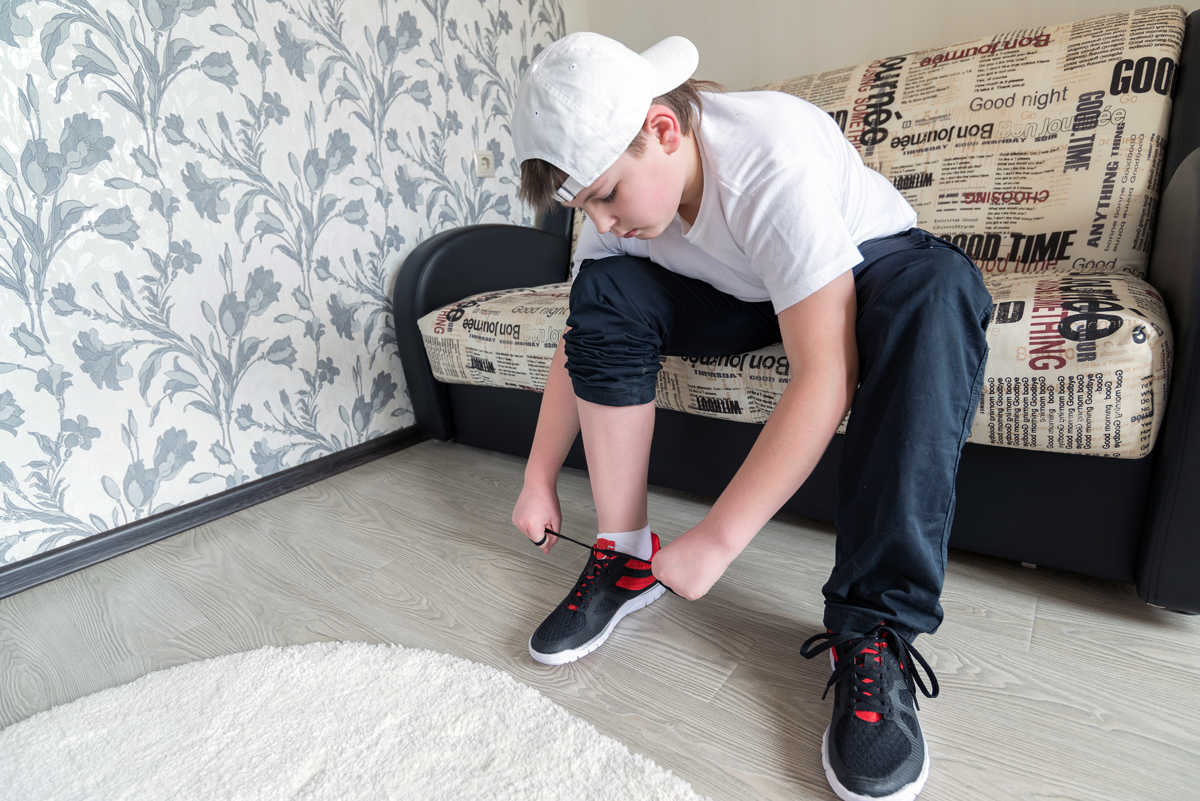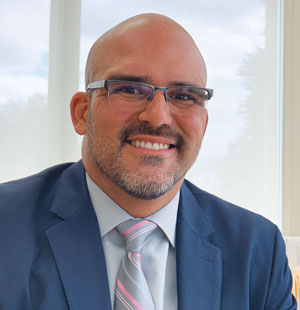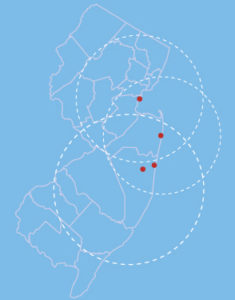Adaptive Living Skills vs. Life Skills: What Is the Difference?

“Adaptive living skills” and “life skills” are often used interchangeably. However, there is a difference, especially in special education. Adaptive living skills often develop in early childhood. During this stage, children learn the concept of autonomy and begin to mimic those around them. Depending on the age of the child, they will start by learning basic skills such as:
Other adaptive living skills involve learning how to socialize and communicate effectively. While this may come naturally for neurotypical children, children who are neurodivergent, such as those on the autism spectrum, often struggle and need extra guidance.
Adaptive living skills provide the foundation for children to learn essential life skills as they enter adolescence and young adulthood. Children who struggle with mastering adaptive living skills may have trouble achieving independence and performing well in an academic environment if they don’t receive the proper intervention.
The Importance of Adaptive Living Skills In The Classroom
Adaptive behavior assessments can help to determine a student's strengths and weaknesses. Insights from these assessments are beneficial for developing an effective course of action to help address any areas of concern. Special considerations for students with special needs or developmental delays include:
- Cognitive or sensory challenges
- Trouble focusing on a given task
- Lack of situational awareness
- Difficulty understanding directions
- Delayed or impaired motor skills
Although these are common challenges that special needs students often face, educators can teach adaptive living skills in the classroom to help them be successful. Adaptive living skills can easily be incorporated into any academic curriculum by using practical, real-world experiences – such as learning to tell time or calculating the cost of groceries. These skills are necessary for developing essential life skills, such as following a schedule or balancing a bank account.
Repetition is key to learning and mastering a new skill.
Teachers and parents can help reinforce adaptive living skills in the classroom and at home. Students with special needs often need different forms of instruction, such as verbal directions and visual cues, to grasp new information or learn a new routine. Children learn at their own pace, and some may face more challenges than others, requiring an individualized approach for each student.

Alpha School an private special education school in New Jersey
Our Mission at The Alpha School is to help all of our special needs students with the learning, social, language, and behavioral support they deserve. Our highly skilled staff are committed daily to helping each student to becoming the best they can while providing a safe and nurturing educational environment.
We would be more than happy to discuss your child’s specific needs and challenges, so please call us at 732.370.1150, or request a tour of Alpha School of Jackson, NJ located just minutes off of Route 9 and Route 195 in Ocean County.
— John Gonzalez, Principal-Alpha School, Jackson, NJ
About RKS Associates
At all the RKS Schools we pride ourselves in discovery the hidden treasures of all of our students. Our academic and support services are appropriately customized for a student unique and diverse needs so that they can reach their full potential.
Alpha School is part of special needs network of schools located in Monmouth, Middlesex and Ocean County New Jersey. Since 1980 the RKS Associates schools have been leaders in helping special needs helping students with various disabilities including autism, Down's syndrome, communication, learning, social, behavioral and emotional disabilities. The range of services RKS schools provide is academic instruction and speech, occupational and physical therapies. In addition to Life Skills, Technology, and a full complement of Support Services.



